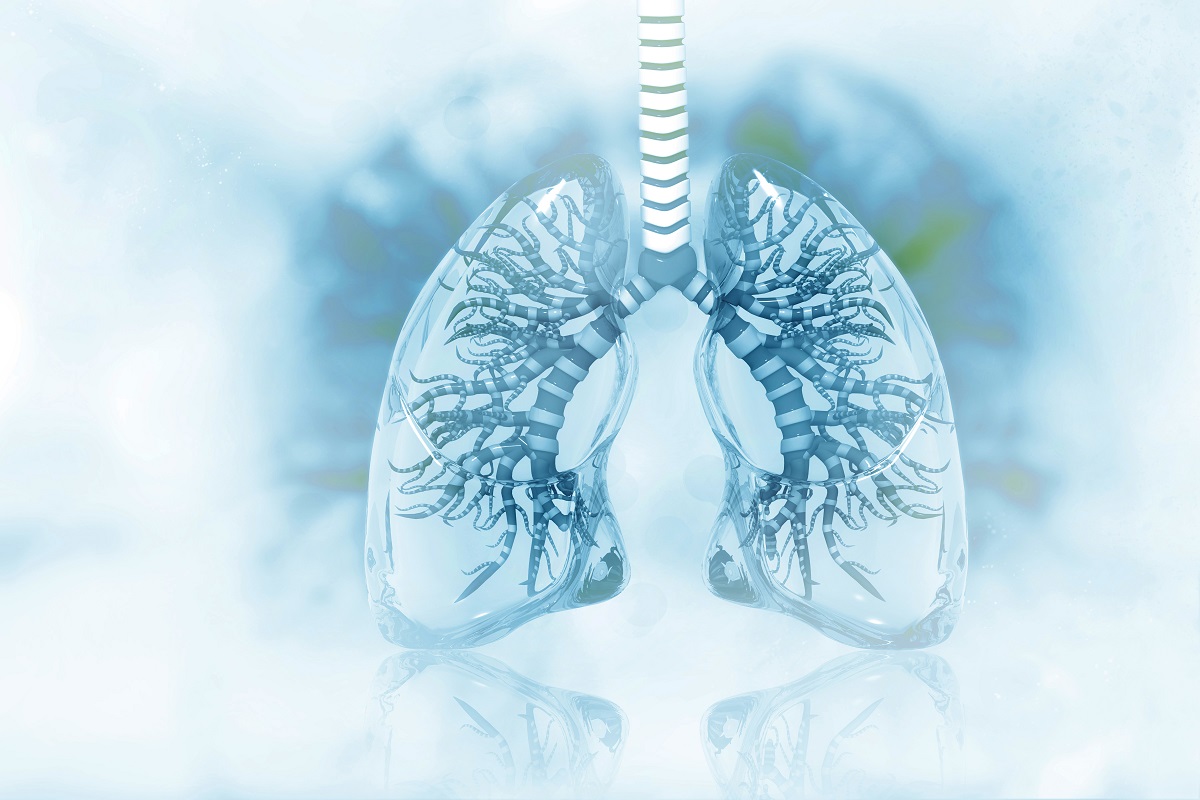Researchers find mechanisms that may lead to inflammatory bowel disease
A team of scientists has discovered mechanisms of abnormal immune cell function that may lead to Crohn’s disease, an inflammatory bowel disease (IBD).

A team of scientists has discovered mechanisms of abnormal immune cell function that may lead to Crohn’s disease, an inflammatory bowel disease (IBD).

The earth has just witnessed its hottest January on record, defying expectations and leaving climate scientists scrambling for answers.

Parkinson's disease (PD) is one of the most common neurological disorders caused by the death of dopamine-secreting neurons in the brain due to aggregation of synuclein protein inside it.

A team of scientists has developed a new method of scanning lungs that is able to show the effects of treatment on lung function in real time, enabling them to see the functioning of transplanted lungs.

Scientists at the Bose Institute, an autonomous institute of the Department of Science and Technology (DST), have studied archaea -- a domain of ancient organisms -- to find clues to survival strategies of microorganisms by adapting to harsh conditions with the help of their toxin-antitoxin (TA) systems.
Parkinson's is characterised by rigidity of muscle and tremors due to loss of dopamine in the brain, and one of the reasons for that is toxin exposure.
More and more lightning detectors, lightning arrestors and the extensive use of Damini app only can help reduce lightning fatalities in Bengal, weather scientists and professors of physics with the Burdwan University have prescribed today.
Researchers on Saturday said they have assembled a replica of an adult human ear that looks and feels natural, using state-of-the-art tissue engineering techniques and a 3D printer.
After several months of experiments, the duo finally deployed a number of artificial reefs in the coastal waters of Odisha, marking the first of its kind in the coastal state.
A team of scientists has identified key genes that raise the risk of Parkinson's disease in young Indians.
